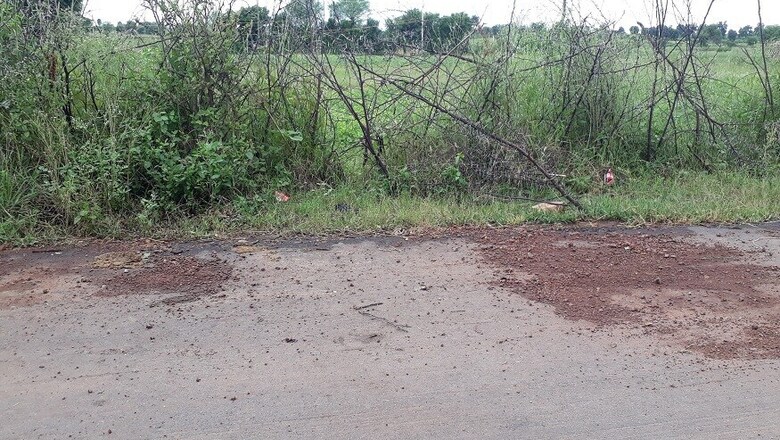
views
Bhopal: In a major policy shift, the Kamal Nath government in Madhya Pradesh has proposed an amendment in the land pooling Act, withdrawing land from projects which either failed to take off in past years or could only make progress of less than 10%.
Following a Cabinet meeting in Bhopal, Urban Administration and Development Minister Jaivardhan Singh said, “We are proposing an amendment in the Land Pooling Act (Development and Regulation of Urban Areas Act 1975) to make sure that owners whose land was acquired for any particular project get at least 50% land returned in the form of plots.”
The projects that have failed to kick off in all these years or could make less than 10% progress would be cancelled and land would be returned to farmers, said the minister adding there are 84 such projects in the state.
“Till now, landowners used to get 20% of the total acquired land returned, but now, we are proposing that of the total land, 20% would be used for the project, 5% each for parks/playgrounds, 20% for residential or commercial purpose and 50% of the land would be returned to original landowners in the form of land plots,” said Principal Secretary (Urban Administration) Sanjay Dubey, who was also present on the occasion.
Of the 84 projects that have failed to take off or made very little progress, 14 are in Bhopal, 19 in Indore, 12 in Gwalior, 14 in Jabalpur, six in Ujjain, 12 in Dewas and seven in Special Area Development Authority Gwalior.
There are 66 projects where no work has been done or the work completed is less than 10%, said Dubey. Where less than 10% work has been done, the land would be returned to original owners but some charges would be recovered in lieu of the expenses made in the project.
The land returned would be put to use by owners and the state government plans to earn huge revenue from the usage, said Dubey.
The amendment also proposes fresh timelines for the fresh schemes to take shape, said the officer, adding the amendment has been proposed for the first time in the last 46 years since the Act came into being.
Experts believe the decision, once ratified by Assembly, would lead to revenue generation for the state government. However, land rates could fall across the state with huge amounts of land being made available for usage.
















Comments
0 comment